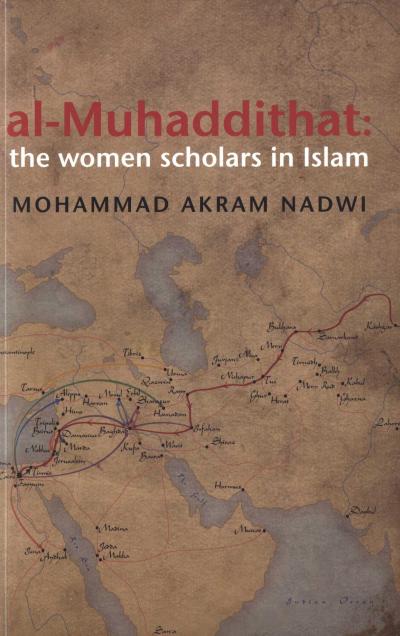al-Muhaddithat: The Women Scholars in Islam

This book is an adaptation of the Muqaddima or Preface to Mohammad Akram s 40-volume biographical dictionary (in Arabic) of the Muslim women who studied and taught hadith. It presents, samples and reflects on the information in the dictionary. It demonstrates the central role Muslim women have had in preserving the Prophet s teaching, which remains the master-guide to understanding the Qur an as rules and norms for life. Non-Muslims ignorant of the history here documented, and some Muslims afflicted by a different ignorance, have argued that education for women carried no importance in normative Islam. The opposite is true. Within the bounds of modesty in dress and manners, women routinely attended and gave classes in the major mosques and madrasas, travelled intensively for the knowledge , transmitted and critiqued hadith, issued fatwas, etc. Some of the most renowned scholars among men have depended on, and praised, the scholarship of their women teachers. The women, in short, enjoyed considerable public authority in society, not as an exception, but as the norm. Akram has pointed up a huge body of information hitherto so dispersed as to be hidden . This information deserves further study, context and analysis; it is essential to understanding the role of women in Islamic society, their past achievement and future potential. Cover: The map shows the study journeys of Fatima bint Sa d al-Khayr, and of her principal teachers and students. Her family moved from Valencia to the western edge of China where she was born; she died in Cairo in 600 AH. (Details, ch. 3.) Cover: The map shows the study journeys of Fatima bint Sa d al-Khayr, and of her principal teachers and students. Her family moved from Valencia to the western edge of China where she was born; she died in Cairo in 600 AH.
.jpg)